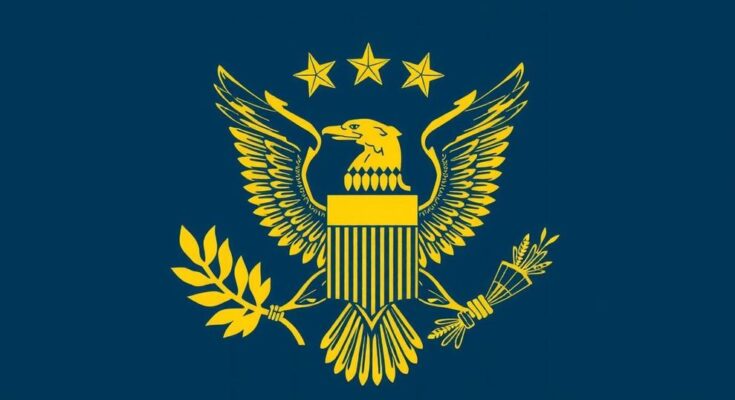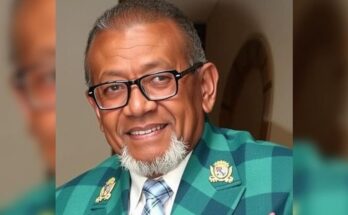On October 23, 2023, President Felix Tshisekedi announced plans for a commission to revise the DRC’s constitution, citing its inadequacies in addressing the nation’s realities. This move follows delays in government formation and has ignited debates about potential motives for extending presidential terms. Tshisekedi asserts that any changes regarding the presidency are a concern for the populace.
President Felix Tshisekedi of the Democratic Republic of Congo has expressed the need for a constitutional revision, announcing on October 23, 2023, the formation of a commission set to convene next year. Speaking to a gathering of supporters in Kisangani, located in the country’s northeast, President Tshisekedi criticized the current constitution for its “weaknesses” and asserted that it fails to reflect the “realities of the country.” His remarks addressed concerns regarding the lengthy delay in establishing the government and provincial assemblies, which he attributes to pervasive “selfish interests” among political factions. This delay, notably lasting nearly six months following his re-election, has been linked to negotiations concerning representation within the ruling coalition, leading to a recent inauguration of over 50 ministers under the leadership of Judith Suminwa Tuluka, the newly appointed first female Prime Minister of the DRC. The call for a constitutional review has gained traction within the ruling coalition, marked by statements from the Secretary General of the UDPS, the president’s party. This sentiment echoes the recommendations of the late party leader, Etienne Tshisekedi. However, this proposition has aroused contention, as opposition members express apprehensions regarding a potential maneuver by Tshisekedi to extend his tenure in power. President Tshisekedi has clarified that any changes to the presidential term are not motivated by his personal interests but are a matter for the people to decide. The 2006 Constitution, which is the third fundamental law adopted through public referendum, was initially established as part of the objectives set forth by the 2003 government of national unity and underwent its last revision in 2011.
The Democratic Republic of Congo has a long and complex political history, characterized by various constitutions reflecting the country’s tumultuous governance and societal needs. The current constitution, drafted in 2006, was a product of political reforms intended to stabilize the nation post-conflict and promote democratic governance. However, its effectiveness in representing the diverse and evolving interests of Congolese society has been called into question due to persistent political strife and challenges in governmental functioning. Currently, President Felix Tshisekedi, who is in his second term, is advocating for a constitutional overhaul amid escalating frustrations over political gridlock and delays in governance.
In summary, President Felix Tshisekedi has initiated discussions for a constitutional revision in the Democratic Republic of Congo, acknowledging the existing framework’s limitations. While this move has garnered support from some factions within the ruling coalition, it has also sparked debate and opposition, particularly regarding concerns over the preservation of democratic principles and the potential for extending presidential terms. Ultimately, the discourse surrounding the constitution reflects broader challenges faced by the DRC in achieving political stability and effective governance.
Original Source: www.africanews.com




